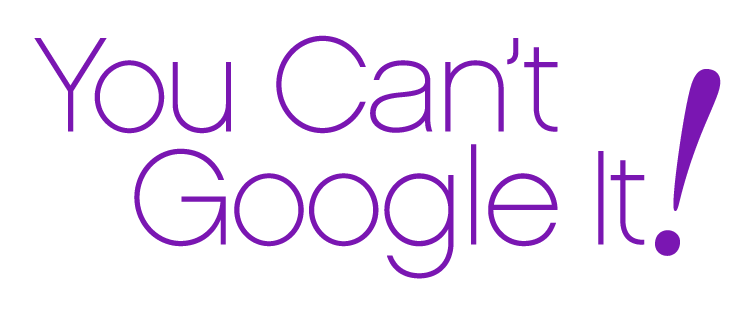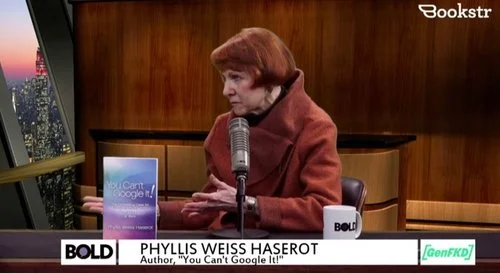by Phyllis Weiss Haserot
Not only are Millennials demanding faster and more frequent feedback at work, but also companies increasingly are realizing that it’s necessary for maximizing productivity and professional development of their personnel at all levels. Goldman Sachs (as well as Accenture PLC, Deloitte, J.P. Morgan Chase, Microsoft Corp., Netflix Inc., Fed Ex Corp., General Electric) have added fast feedback processes in addition to, or instead of, annual reviews.
Edith Cooper, head of Goldman Sach’s human capital management told the Wall Street Journal, “The same approach that we take to our revenue-producing businesses, we have to apply to our investment in people.” The push for change at Goldman was not primarily a Millennial initiative. Cooper said that in a 2015 survey it was most often the vice presidents and managing directors (typically Gen Xers in their late 30s and 40s) who responded that they wanted more frequent reviews. Feedback has long been a Gen X demand. Yet (as usual) the focus and talk centered on Millennials. (Am I the lone voice who calls out the unwise neglect of Gen X? But I digress.)
In Goldman’s case the concern is for quick feedback to employees after a big client pitch or product launch. If they haven’t already, Goldman senior managers will realize, as other companies are, the need for frequent and timely feedback as a matter of routine practice.
Has your organization changed its feedback policy? What changes were made, and what has been the outcome?







